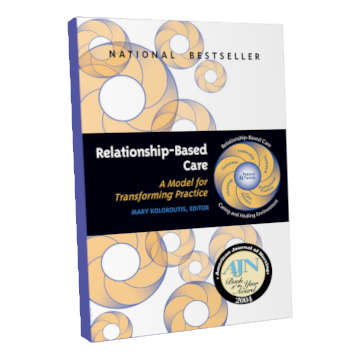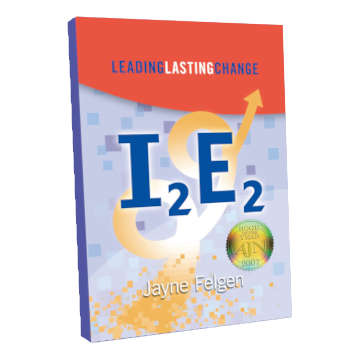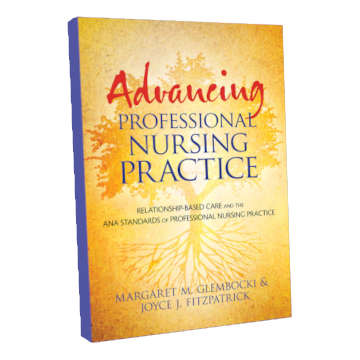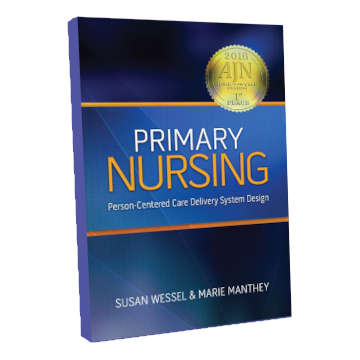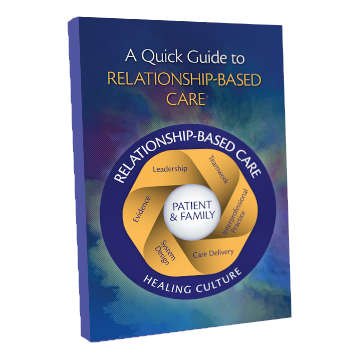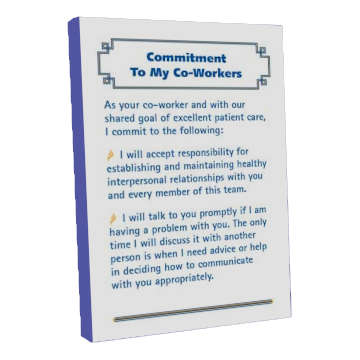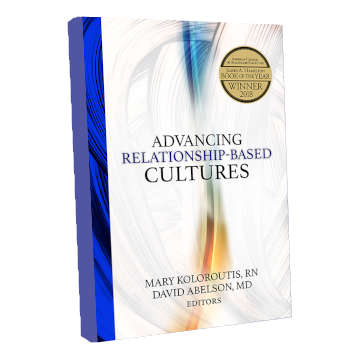Relationship-Based Care®
A New Era of Relationship-Based Care®
More than 20 years ago, Creative Health Care Management introduced Relationship-Based Care®(RBC).
At its heart, Relationship-Based Care positioned three relationships, beginning with self, then moving to colleagues, and ending with patients and families, as the foundation for healing and excellence. The three sacred relationships are central to healing, helping team members across the care continuum reconnect with meaning, purpose, and the humanity of their work.
Since its introduction, RBC has been widely adopted around the world, improving patient safety, quality of care, and the lived experience of both patients and caregivers. Over time in the ever-changing health care landscape, the model has naturally evolved- giving rise to the Interprofessional Relational Model™ (IRM).
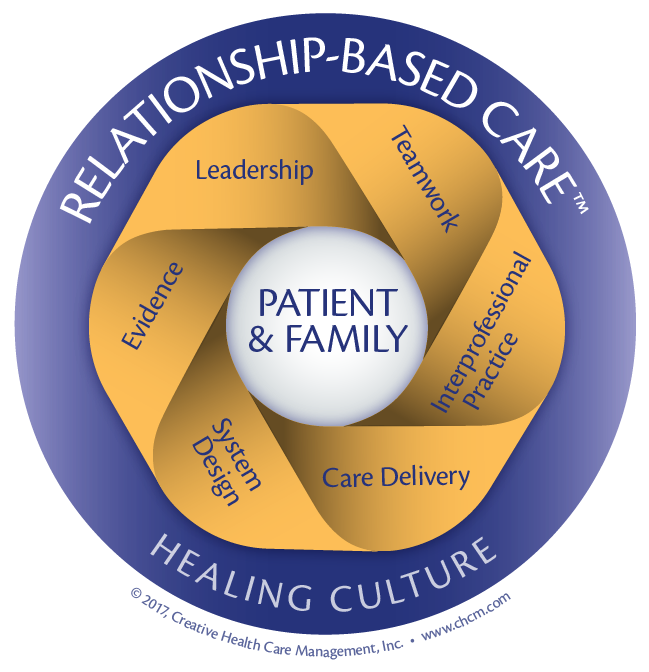
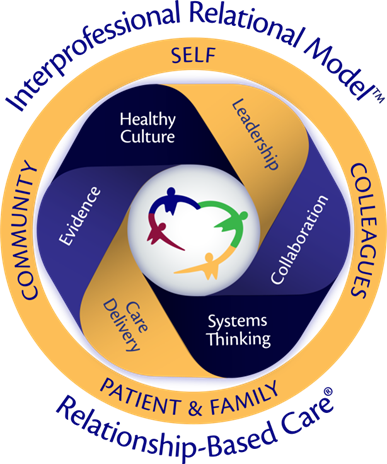
The Interprofessional Relational Model® (IRM): Expanding the Vision
IRM honors the core values of Relationship-Based Care® while expanding upon them and recognizing that relational care is not the sole responsibility of nurses or any single discipline. Instead, Relationship-Based Care is a shared commitment across all roles in health care—from frontline clinicians to environmental services staff, therapists to executives, and community partners.
With the introduction of IRM comes an expansion of the key relationships themselves. Community was recognized as an omnipresent relationship—one that surrounds, supports, and connects every level of the care environment.
Healing today is the work of many hands, hearts, and minds collaborating and communicating together.
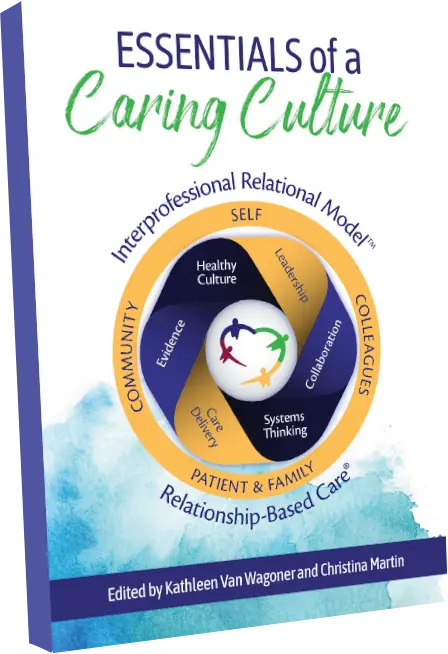
Essentials of a Caring Culture: The Interprofessional Relational Model™
Essentials of a Caring Culture: The Interprofessional Relational Model™ introduces a groundbreaking evolution of Creative Health Care Management’s classic Relationship-Based Care® framework. Edited by Kathleen Van Wagoner and Christina Martin, this book honors the legacy of RBC while addressing the realities of today’s health care—where integrated teams, equity, and clinician well-being are more essential than ever. The Interprofessional Relational Model™ (IRM) expands the focus of relational practice beyond nursing to include every discipline and community partner contributing to health and healing.
Learn More about the Interprofessional Relational Model in this NEW CHCM publication
If your organization is ready to embrace the evolution of Relationship-Based Care into the Interprofessional Relational Model- strengthening culture, improving patient outcomes, and cultivating collaboration across every level of care- Creative Health Care Management can guide you.
Begin Your Culture Transformation
Create a united culture where shared ownership leads to exceptional outcomes across your entire organization.
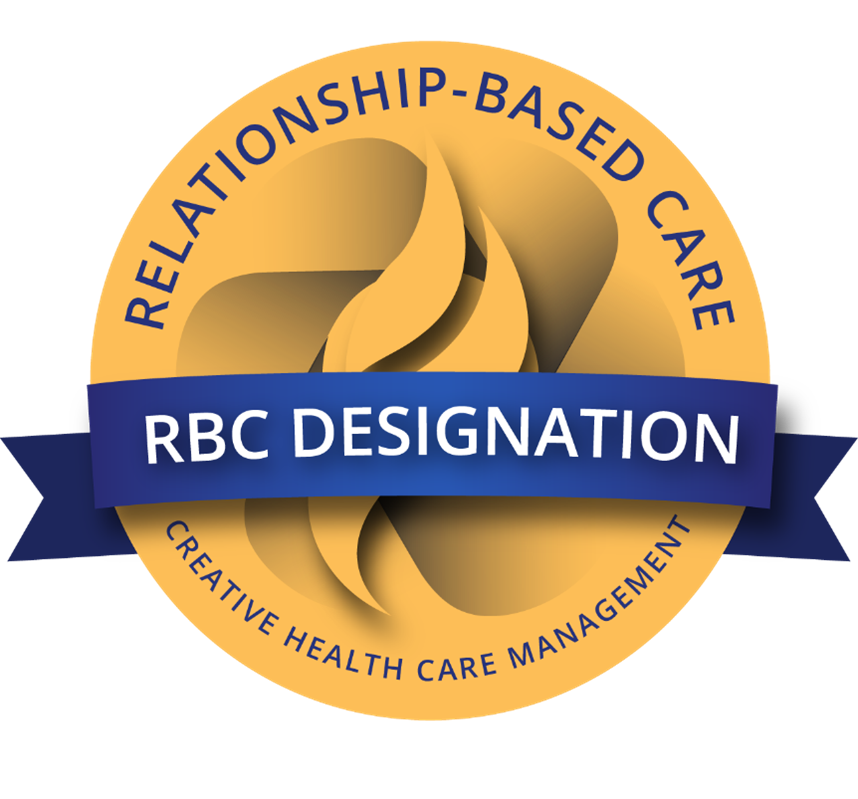
The Relationship-Based Care® Designation
Building a truly Relationship-Based Care® culture takes passionate, focused work—and organizations that commit to this journey deserve meaningful recognition. That’s why Creative Health Care Management developed the Relationship-Based Care Designation, a formal validation of excellence in leadership, teamwork, professional practice, system design, and patient-centered care delivery. This four-year designation confirms that an organization has successfully woven the principles and values of Relationship-Based Care into their everyday relationships, structures, and processes—creating measurable improvements in both care quality and outcomes.
Commitment to my Co-workers

Relationship-Based Care® Books
Relationship-Based Care: A Model for Transforming Practice
I2E2: Leading Lasting Change
Advancing Professional Nursing Practice: Relationship-Based Care and the ANA Standards
Primary Nursing: Person-Centered Care Delivery System Design
A Quick Guide to Relationship-Based Care
A Quick Guide to Relationship-Based Care is a 68-page booklet outlining the basics of Relationship-Based Care®. This valuable resource is ideal for orientation of the entire workforce in organizations implementing Relationship-Based Care.
Commitment to My Co-Workers© Health Care Card
Recently edited and redesigned to increase clarity, they are used by thousands of health care workers around the world.
Advancing Relationship-Based Cultures
Advancing Relationship-Based Cultures explains and expands a fundamental and often overlooked truth in health care: It is the confluence of relational and clinical competence that advances relationship-based healing cultures.
Relationship-Based Care: A Model for Transforming Practice
I2E2: Leading Lasting Change
Advancing Professional Nursing Practice: Relationship-Based Care and the ANA Standards
Primary Nursing: Person-Centered Care Delivery System Design
A Quick Guide to Relationship-Based Care
Commitment to My Co-Workers© Health Care Card
Recently edited and redesigned to increase clarity, they are used by thousands of health care workers around the world.
Advancing Relationship-Based Cultures
Advancing Relationship-Based Cultures explains and expands a fundamental and often overlooked truth in health care: It is the confluence of relational and clinical competence that advances relationship-based healing cultures.

